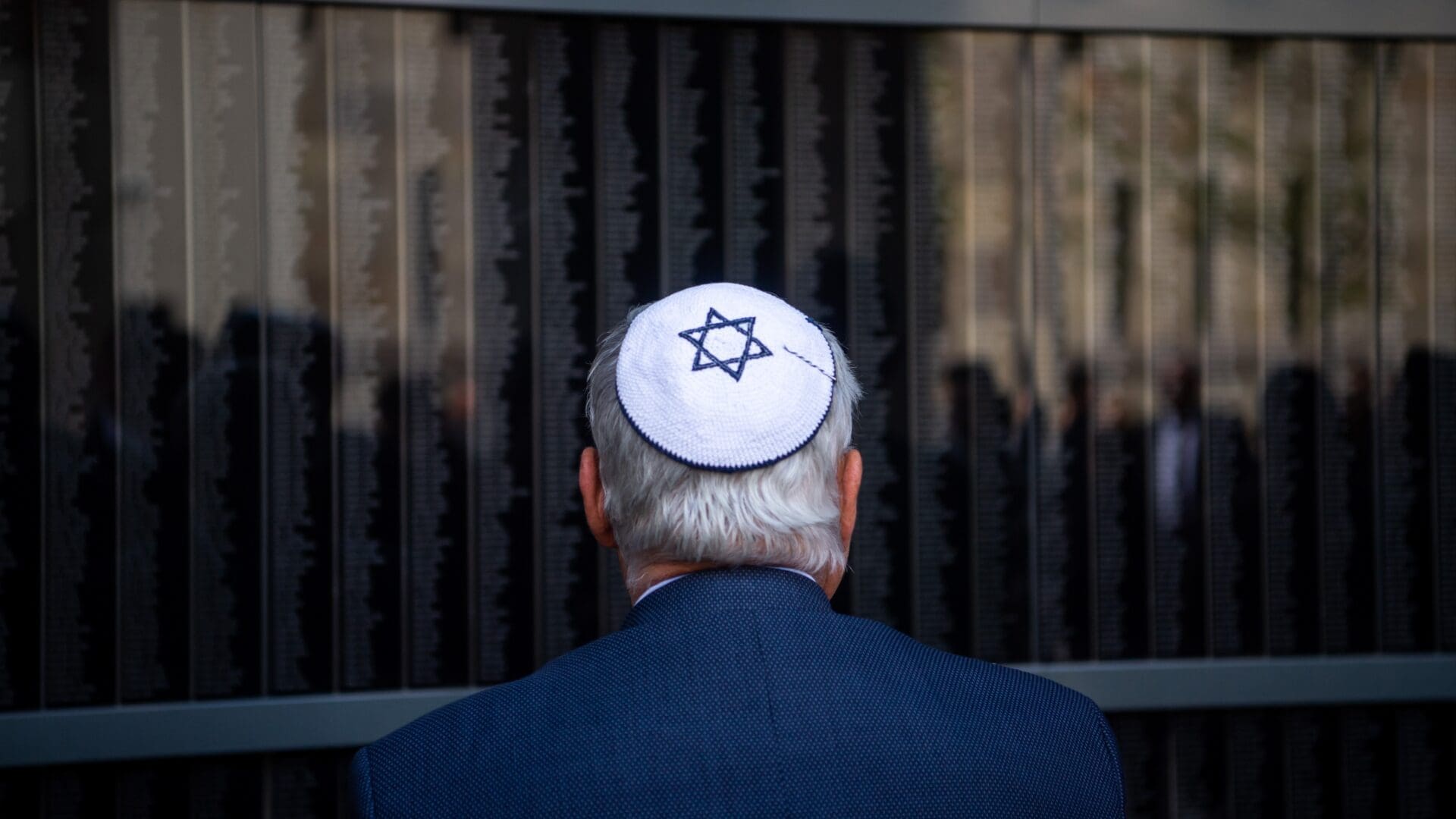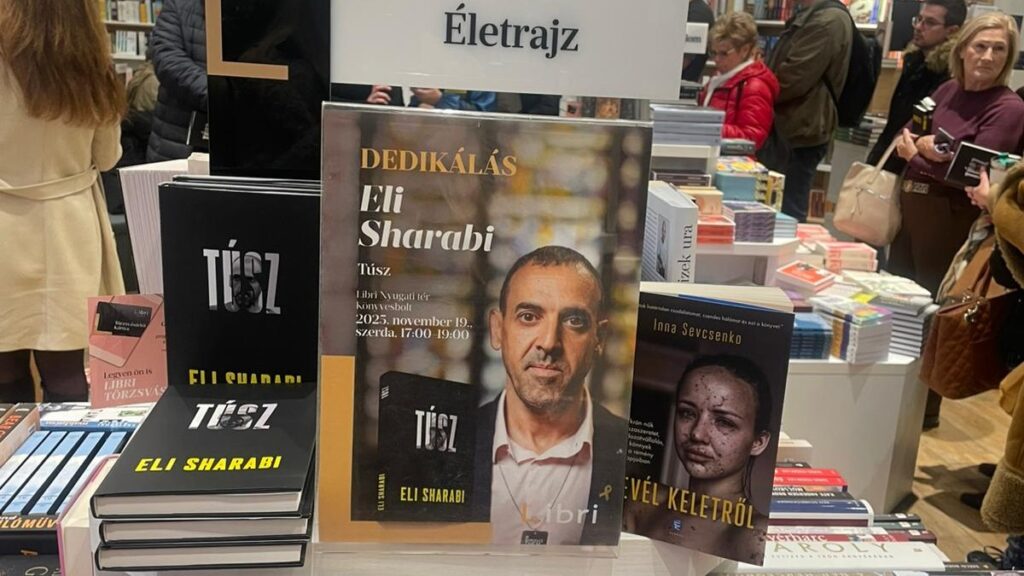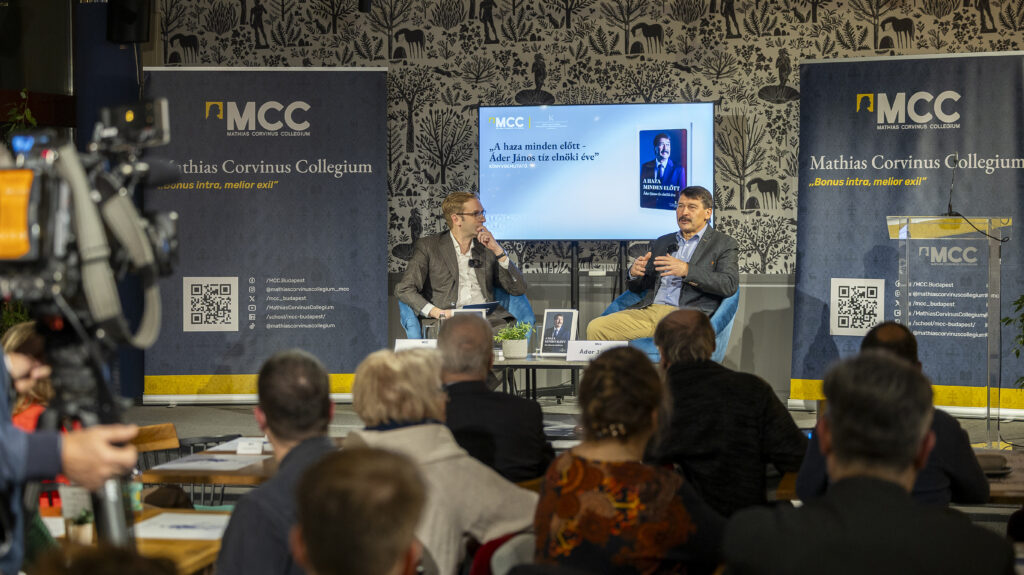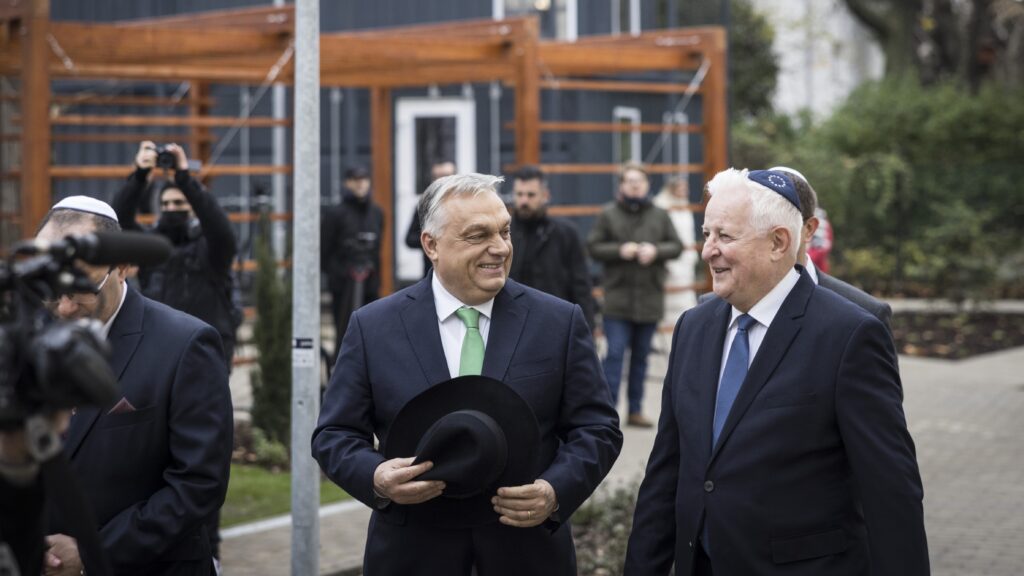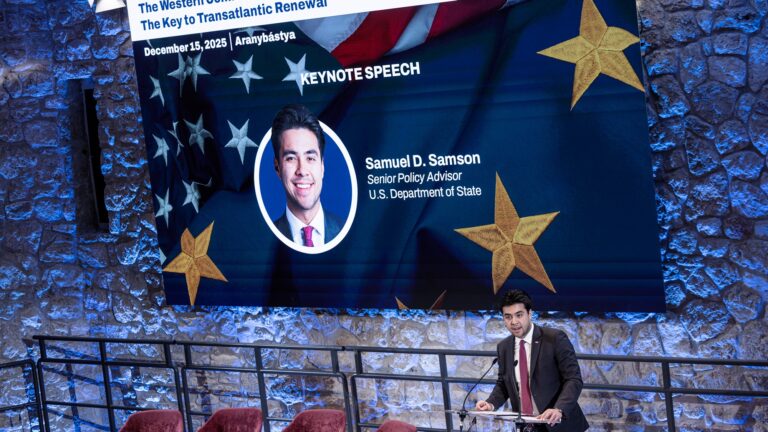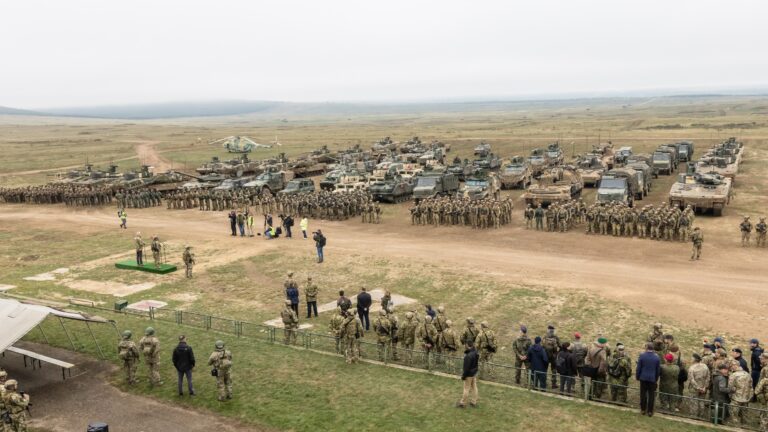On 16 April Hungarians remember the victims of the Holocaust. Prime Minister Viktor Orbán marked the day, the anniversary of the ghettoization of Hungary’s Jewry, by citing the Talmud, while President of Israel Isaac Herzog shared a video message of condolences. The President of Hungary and Israel’s Ambassador to Hungary commemorated the victims during a memorial service held in the Parliament, and leaders of the Hungarian Jewish community also remembered those who were murdered in the Shoah.
Citing the passage from Pirkei Avot (Ethics of the Fathers) in Talmud, one of the most important books of Judaism that says ‘An evil eye, the evil inclination, and hatred for humankind put a person out of the world,’ Hungarian Prime Minister Viktor Orbán added the phrase: ‘Never Again!’ in remembrance of the Hungarian victims of the Holocaust. The citation’s meaning is that pursuing hate, self-criticism, and adversary phantoms removes a person from reality and hinders their ability to evaluate their circumstances accurately, solve their issues, and live a better life.
During the commemoration in the Hungarian Parliament President of Hungary Tamás Sulyok declared:
‘We not only bow our heads in reverence to the memory of the victims of the Holocaust, but we also take responsibility for the future.’
The President emphasized in his address that all human life is sacred and that no individual or group of people should be allowed to assess the worth of another person’s or community’s life based on their origin, religion, or worldview. He continued, ‘On Memorial Day, we look at the past and the future at the same time with the belief in inviolable human dignity and the determination associated with it.’
Vice-President of the Hungarian Parliament István Jakab underlined in his speech that the Holocaust places such a heavy burden on humanity that it becomes intolerable at times and ‘we want to free ourselves from it’. However, it is highlighted on memorial days that this spiritual activity ‘cannot be spared’.
In a video message, Israeli President Isaac Herzog greeted the attendees of the memorial. The Holocaust is the darkest period in world history, he underlined. In addition, he expressed his gratitude to Hungary for accepting full responsibility for its cooperation with the Nazis and for its strong participation in global Holocaust organizations. He said that Hungary’s policy of zero tolerance for anti-Semitism sends a strong message and provides protection to the Hungarian Jewish community at a time when anti-Semitism is a global threat to Jewish people. According to Isaac Herzog, the 7 October Hamas attack demonstrated the continued relevance of the lessons learned from the Holocaust.
The Israeli ambassador to Hungary Yacov Hadas-Handelsman underlined that although the Holocaust resulted in the deaths of six million people, it was more than just murder since it also deprived them of their dignity. He continued by stating that about ten per cent of the victims were Hungarian and that they played a crucial role in Hungarian politics, society, business, and culture.
President of the Federation of Hungarian Jewish Communities (MAZSIHISZ) Andor Grósz remarked on the incalculable and unquantifiable harm that the Holocaust inflicted upon Hungarians and continues to inflict upon them. He underlined that while they are not accountable for the acts of their predecessors,
it is the responsibility of current generations to make sure that those crimes cannot be repeated.
Head Rabbi of the United Hungarian Israelite Community (EMIH) Slomó Köves emphasized that ‘on the occasion of the 80th anniversary, the time has come to talk about the responsibility of the descendants. The responsibility of the Jewish community’, he said, referring to the fifth book of Moses, ‘is to choose life.’
President of the Autonomous Orthodox Jewish Community of Hungary (MAOIH) Gábor Keszler believes that laws against hate crimes should be upheld, interfaith and intercultural communication should be encouraged, and the security of Jewish communities should be strengthened.
President of the Hungarian Jewish Heritage Public Foundation (MAZSÖK) György Szabó issued an urgent warning, stating that in the last eight decades, neither the world nor its faults have changed. The world turned against the Jewish people on a level never seen before, a significant portion of the Jewish population in the world and in Europe still cannot live in safety, and Hamas terrorists murdered 1,400 people with such heinousness that it even embarrassed the Nazis.

